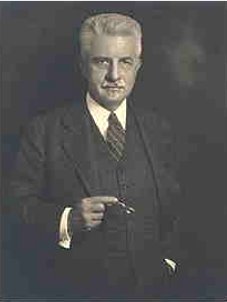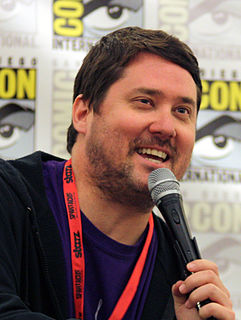A Quote by Arthur Lynch
Yet as I cast my eye over the whole course of science I behold instances of false science, even more pretentious and popular than that of Einstein gradually fading into ineptitude under the searchlight; and I have no doubt that there will arise a new generation who will look with a wonder and amazement, deeper than now accompany Einstein, at our galaxy of thinkers, men of science, popular critics, authoritative professors and witty dramatists, who have been satisfied to waive their common sense in view of Einstein's absurdities.
Quote Topics
Accompany
Amazement
Arise
Authoritative
Been
Behold
Cast
Common
Common Sense
Course
Critics
Deeper
Doubt
Einstein
Even
Eye
Fading
False
Galaxy
Generation
Gradually
Ineptitude
Look
Men
More
New
New Generation
No Doubt
Now
Our
Over
Popular
Pretentious
Professors
Satisfied
Science
Sense
Than
Thinkers
View
Whole
Will
Witty
Wonder
Related Quotes
...I think the popular view of Science is a solid body of truth, shared by a whole lot of learned men in a room, all agreeing on the answers to the questions of how the Universe works. Whereas nothing could be further from the truth!!! The one truth that I see emerging from the History of Science is that experiment has always surprised theorists. Einstein included!
More philosophically-minded critics regarded Einstein's argument for relativity as little more than a logical bait-and-switch ploy: "[T]he supposition of most expounders of the Special Theory, that Einstein has proved the relativity of simultaneity in general - or that his 'simultaneity' is something more than a logical artefact - must manifestly be given up.
A popular feel for scientific endeavors should, if possible, be restored given the needs of the twenty-first century. This does not mean that every literature major should take a watered-down physics course or that a corporate lawyer should stay abreast of quantum mechanics. Rather, it means that an appreciation for the methods of science is a useful asset for a responsible citizenry. What science teaches us, very significantly, is the correlation between factual evidence and general theories, something well illustrated in Einstein's life.
Einstein and the Quantum is delightful to read, with numerous historical details that were new to me and cham1ing vignettes of Einstein and his colleagues. By avoiding mathematics, Stone makes his book accessible to general readers, but even physicists who are well versed in Einstein and his physics are likely to find new insights into the most remarkable mind of the modern era.
Two radical ideas have been introduced into human thought. One of them is that energy and matter are pretty much the same sort of stuff. That's Einstein. The other is that revenge is a bad idea. Revenge is an enormously popular idea but, of course, Jesus came along with the radical idea of forgiveness. If you're insulted, you have to square accounts. So this invention by Jesus is as radical as Einstein's.
When I contemplate the immense advances in science and discoveries in the arts which have been made within the period of my life, I look forward with confidence to equal advances by the present generation, and have no doubt they will consequently be as much wiser than we have been as we than our fathers were, and they than the burners of witches.
But the idea of science and systematic knowledge is wanting to our whole instruction alike, and not only to that of our business class ... In nothing do England and the Continent at the present moment more strikingly differ than in the prominence which is now given to the idea of science there, and the neglect in which this idea still lies here; a neglect so great that we hardly even know the use of the word science in its strict sense, and only employ it in a secondary and incorrect sense.
Round about the accredited and orderly facts of every science there ever floats a sort of dust-cloud of exceptional observations, of occurrences minute and irregular and seldom met with, which it always proves more easy to ignore than to attend to... Anyone will renovate his science who will steadily look after the irregular phenomena, and when science is renewed, its new formulas often have more of the voice of the exceptions in them than of what were supposed to be the rules.




































